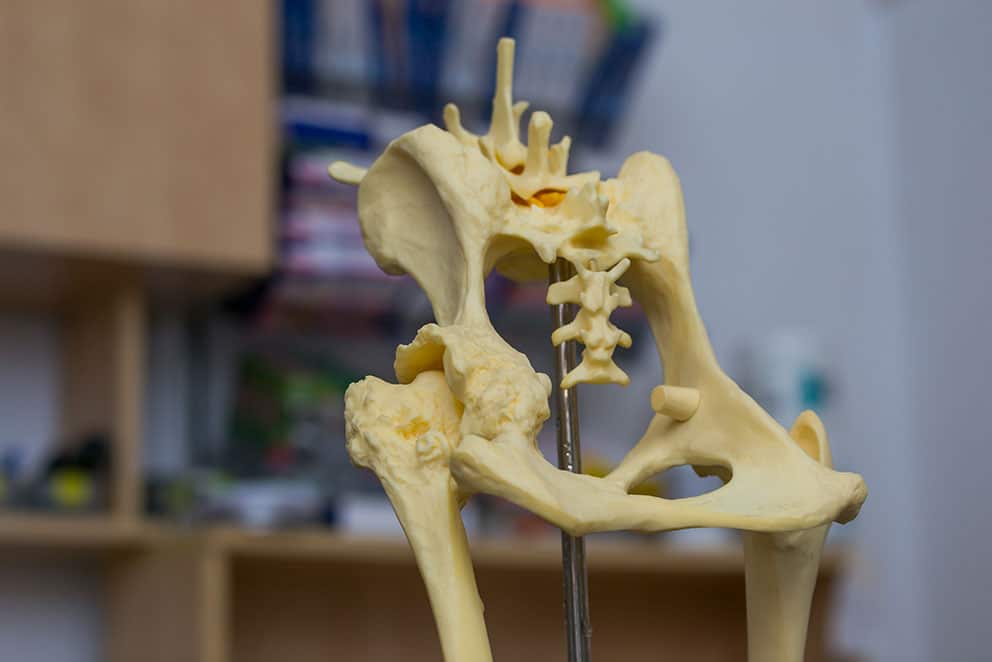Companion animals are becoming a more integral part of the family than ever before. With this closer association, behavioural problems are being identified more frequently and there is a greater expectation that these problems be resolved.
It is important to recognize that many behavioural problems in pets are caused by underlying medical problems or are behaviours that have been triggered by an adverse experience or inadvertently reinforced by us, their owners and carers. Some of the more common behaviour problems seen by us at FHVH are anxiety, phobias and aggression problems in dogs and anxiety associated problems in cats.
It is important to get off to a good start. Puppy school and kitten kindy’s can play a vital role in this. Especially if these sessions can be held at the Veterinary Hospital which is most likely to be frequented. Teaching your puppy or kitten the basics in a fun and friendly environment where they are able to socialize with others, lays a foundation for developing good social skills and behaviour.
Good behaviour relies on continued consistency and patience. It is our responsibility as pet carers to continually provide an enriched, stress free environment for cats and ongoing obedience training for dogs. We also need to focus on and modify problem behaviours as soon as possible. Please get in touch with us about which Dog Training schools we would recommend.
Age related problems may emerge as our pets get older. These “behavioural” problems are often caused by underlying medical conditions. For example, chronic pain caused by arthritis may make your pet more lethargic and grumpy. Many problems in older pets can be caused by deteriorating eyesight, hearing, mobility and cognitive dysfunction.
Diagnosing and treating specific behavioural problems can be extremely challenging. It is essential that you, your vet “and pet” work closely together to maximize chances of successful outcomes. Many problems are not cured but need to be “managed” on an ongoing basis. It is also vital that we are aware that our pet’s form associations with those they meet and the places they visit. If your pet only visits the Vet for a painful injection, or when they are sick some may quickly learn to make negative associations with this experience.
For this reason we recommend bringing your dog in to see us for a friendly visit that does not involve any painful or potentially distressing experiences. At FHVH we are dedicated to making your pet’s visits as positive and stress free as possible. For those that may show some mild anxiety and fear, you may begin by visiting us for one of these non-invasive visits where they can be given a reward such as a favourite treat or toy. That is all that is required at first to allow the dog to begin to form a different association with us.
After a few visits your dog should begin to become less fearful, but it is essential to do things slowly and gradually with plenty of food rewards and positivity. Please be aware that you are welcome to visit us for these visits at no cost at any time during our normal business hours and remember that patience is the key with managing stress and anxiety. All you have to do is give us a call so we can best assess the degree of your dog’s fear in order to offer the best outcome for your furry friend.
If you are experiencing any behavioural problems with your pet please give us a call and we will be more than happy to help!






